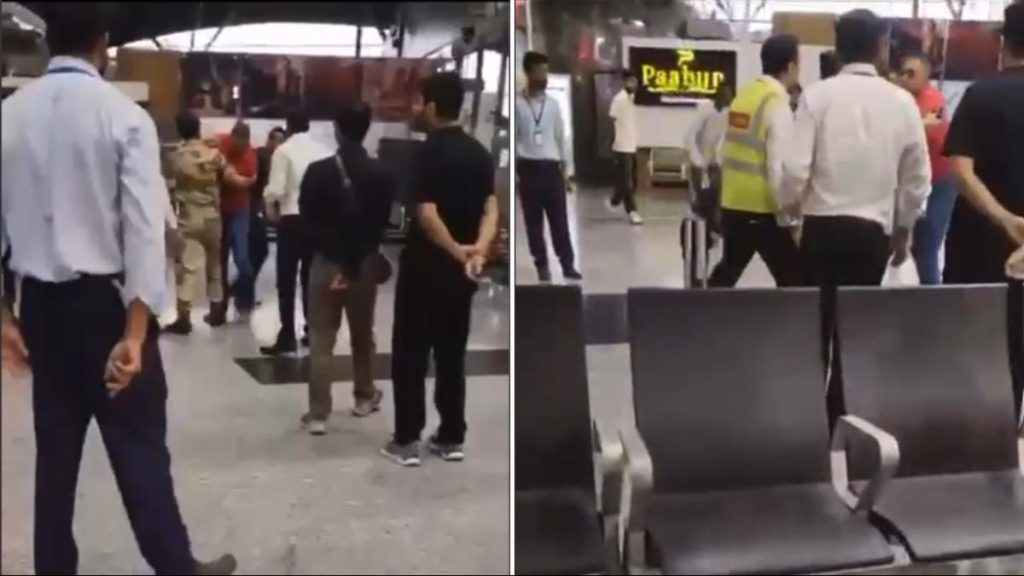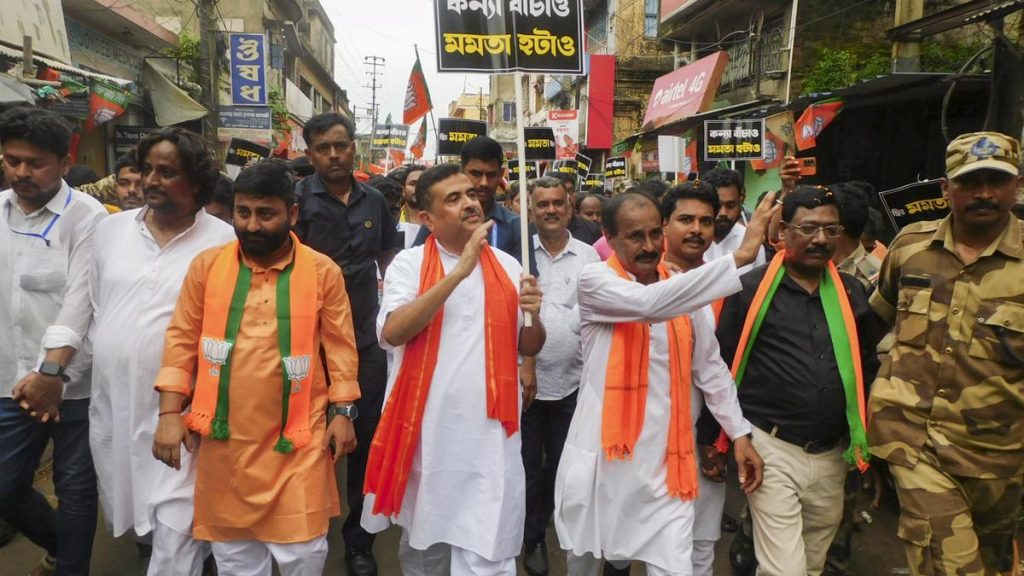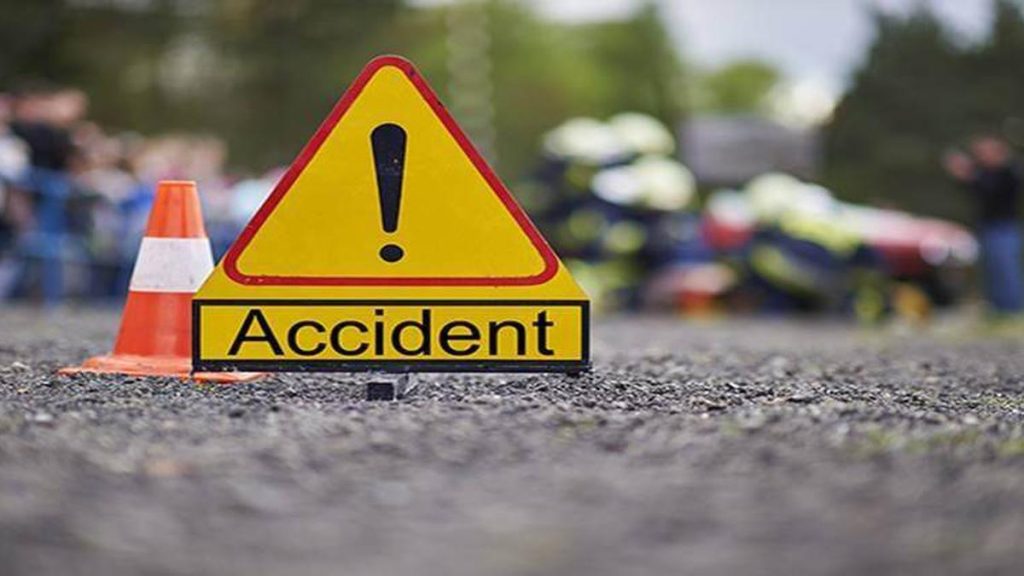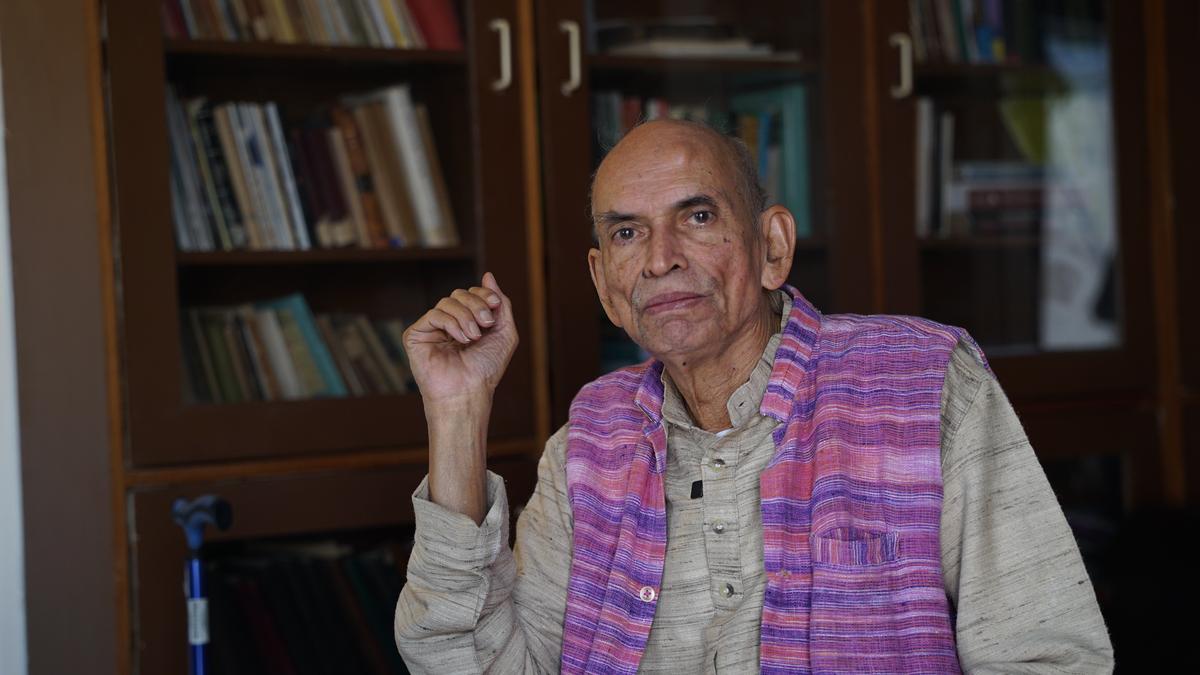Now Reading: Mallikarjun Kharge Alleges Election Commission Acts as PM Modi’s ‘Puppet
-
01
Mallikarjun Kharge Alleges Election Commission Acts as PM Modi’s ‘Puppet
Mallikarjun Kharge Alleges Election Commission Acts as PM Modi’s ‘Puppet
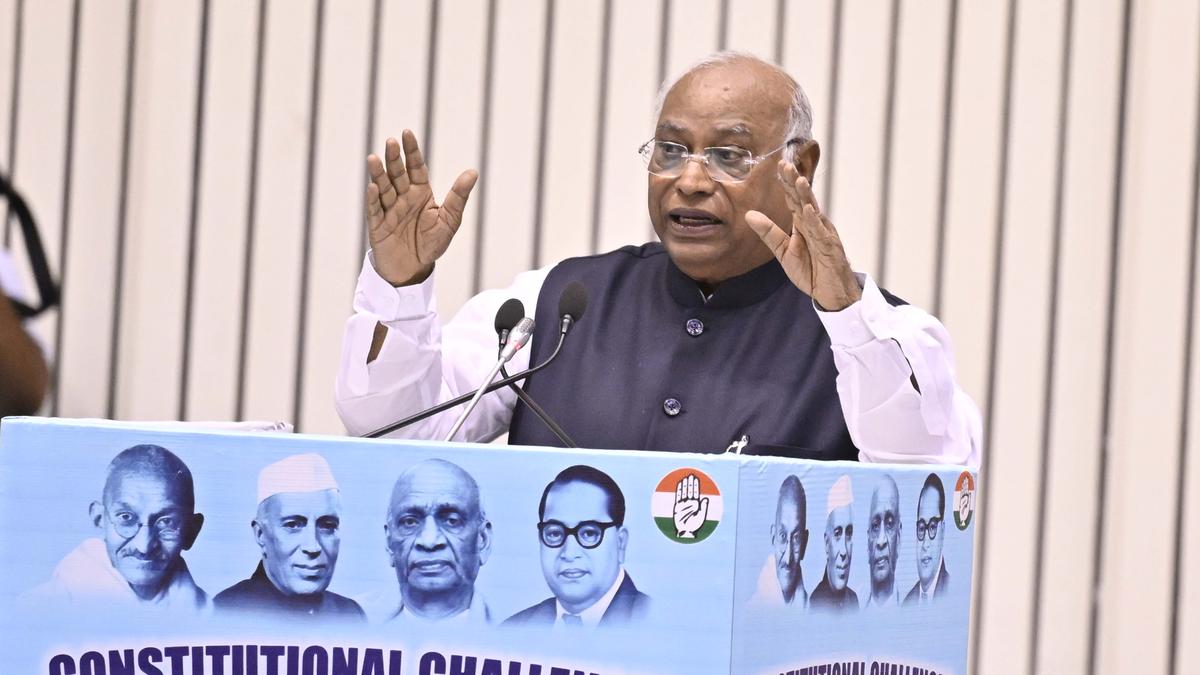
Swift Summary
- Congress Accusations: Congress President Mallikarjun Kharge accused the Election Commission of being a “puppet” under Prime Minister Narendra Modi’s influence during a row over special intensive revision (SIR) of electoral rolls in Bihar.
- Voter Disenfranchisement Claims: Kharge alleged that 65 lakh voters, primarily poor, marginalized groups, and minorities critical of BJP policies, were disenfranchised under SIR.
- Highlighting irregularities: He claimed voter manipulation in Maharashtra and Karnataka elections while citing examples like clusters of unusually high voter numbers in small accommodations.
- Constitutional Concerns: At an event titled ‘Constitutional Challenges – Perspectives and Pathways,’ Kharge accused the BJP-led goverment of threatening democracy by attempting to change or undermine the Constitution.
- Judiciary & EC Allegations: He cited cases were judicial actions allegedly favored the government while accusing it of altering processes for appointing key officials like the Chief Election Commissioner.
- Religious Polarization Claim: PM Modi was accused by Kharge of using divisive rhetoric related to cultural/religious issues during elections.
- defense Against Criticism on Secularism: BJP’s stance on removing words like “Socialist” and “Secular” from India’s Preamble was criticized. However, he noted these terms remain part of the BJP party constitution.
Indian Opinion Analysis
The allegations raised by Mallikarjun Kharge highlight pressing concerns about institutional impartiality in Indian democracy under current governance structures. The controversy around special intensive revision (SIR) in Bihar touches on deeper issues such as inclusivity and equitable representation in electoral practices-a cornerstone for robust democratic functioning. While accusations against voter manipulation warrant examination,such claims must be supported by obvious evidence if they are to hold credibility with stakeholders across political divides.
Kharge’s emphasis on preserving India’s constitutional values invokes broader ideological debates ongoing between competing visions for India’s socio-political identity. His remarks reflect persistent tensions between the Congress-led Opposition’s defense against perceived authoritarian tendencies versus BJP’s focus on governance reforms frequently enough branded as populist-nationalist.
The role played by judiciary bodies, media outlets, and election commissions also remains crucial amid these claims; their independence is essential not only for maintaining public faith but also establishing accountability when controversial actions or policies emerge.
India faces challenges bridging increasingly polarized narratives among its leaders-a critical impediment toward fostering genuine dialog aimed at addressing governance critiques neutrally.


